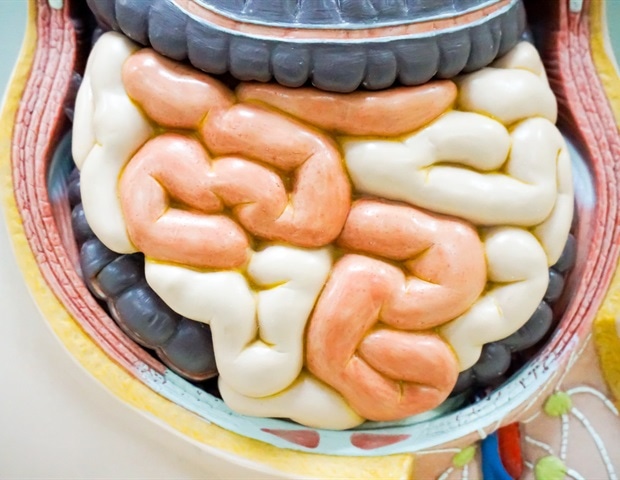A study conducted on mice found that intermittent fasting offers benefits beyond weight loss, as intermittent fasting practices allow the body to better handle glucose and improve intestinal function as we age. It was suggested that the decline in The researchers are scheduled to present their findings this week at the American Physiological Society (APS)'s major annual meeting, the American Physiological Summit, in Long Beach, California.
Our research shows that intermittent fasting reduces weight gain, improves blood sugar levels, and promotes positive effects on the gut by reducing inflammation and oxidative stress while changing intestinal structure. This suggests that it is a beneficial dietary habit. ”
Spencer Vroegopf, lead author of the study and a second-year student at Midwestern University Arizona College of Osteopathic Medicine
Intermittent fasting (eating on a regular schedule and then refraining from eating) has gained attention in recent years as a weight management strategy. Researchers tried to find out how it affects the health of older people.
To do this, they used mice that were genetically modified to accelerate aging. Some mice were constantly fed, while others only had access to food during alternating 24-hour cycles. After 8 months, mice fed every other day had reduced weight gain and structural changes in the small intestine associated with improved glucose control and reduced inflammation.
“Our data suggest that the weight loss induced by intermittent fasting is not solely due to caloric restriction and may be driven, at least in part, by changes in glucose metabolism.” said Vroegopp. “This may mean that the weight loss caused by intermittent fasting is more likely to have long-term effects than simple calorie restriction.”
The study focused specifically on the jejunum, the part of the small intestine where most nutrient absorption takes place. “As mammals age, the morphology of the small intestine undergoes inherent deleterious changes that affect its ability to absorb nutrients and maintain its structure,” Vloegopp said. “Our study suggests that an intermittent fasting diet may help prevent age-related changes by restoring the jejunum to a 'younger' version.”
Although the sample size was relatively small (32 mice in total), the researchers found that the effects appeared to be more pronounced in female mice than in males, with females having better small intestine health, appearance, and sugar levels. He pointed out that there is a big difference in the way they are taken. transported. However, the effect on blood sugar levels was stronger in men than in women. The research team is working on follow-up studies to better understand the factors behind these gender differences.
Professor Vroegopf cautioned that extrapolating from mice to humans is difficult and the study should not be interpreted as providing medical advice. Because intermittent fasting is a relatively new field of research and there are wide variations in fasting regimens used in different studies, there is still no scientific consensus on the risks and benefits or the optimal fasting strategy. .
sauce:
American Physiological Society (APS)


